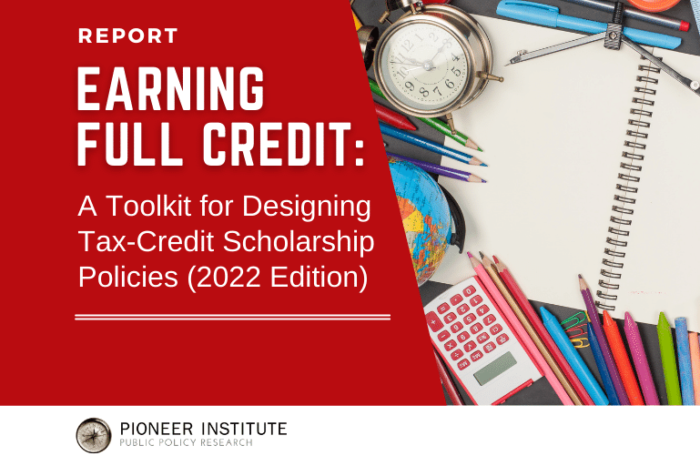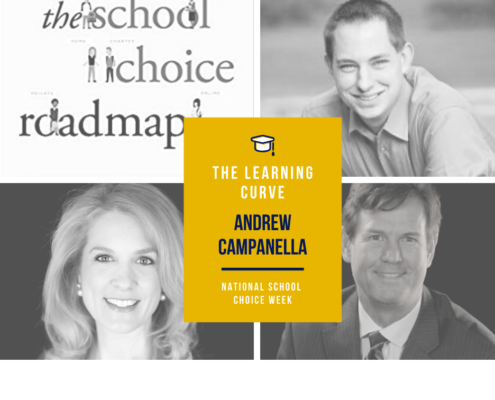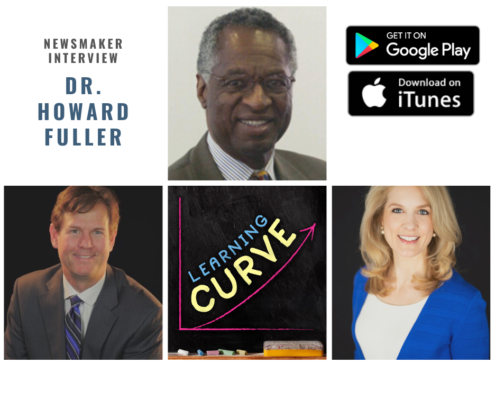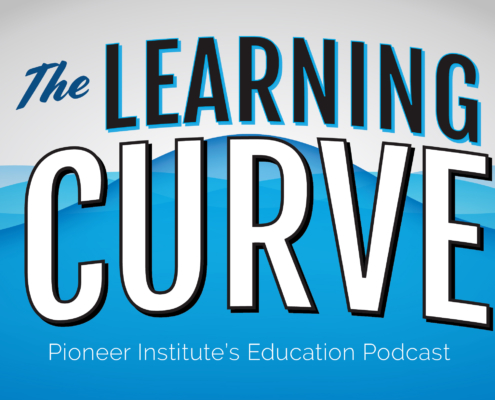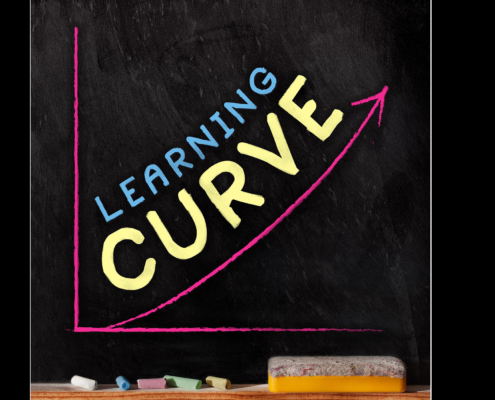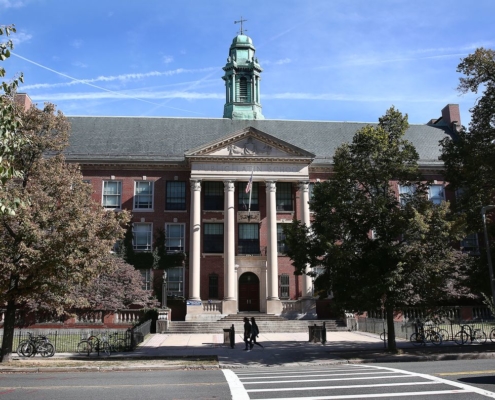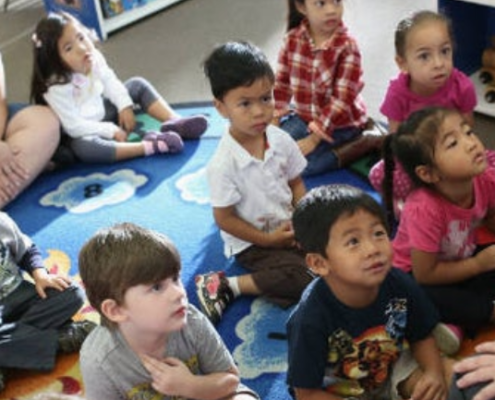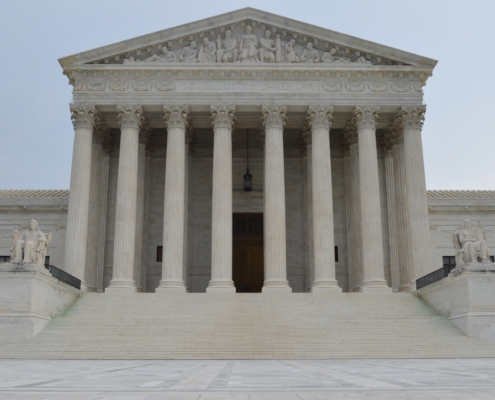Study Finds Continued Growth in Education Tax-Credit Scholarship Programs
BOSTON – Education tax credits grew increasingly popular in 2021, with four more states enacting programs. There are now 28 tax-credit scholarship (TCS) programs in 23 states, and they serve more than 325,000 students, according to a new study published by Pioneer Institute.
Under the programs, individual and corporate taxpayers receive tax credits for contributions to scholarship-granting organizations (SGOs) that fund students attending schools other than their assigned district school. The SGOs are non-profits registered under the state TCS program.
“Policymakers should craft TCS programs to maximize the number of families who can benefit from the scholarships, and maximize the freedom and flexibility of SGOs to serve those families,” said Jason Bedrick, author of “Earning Full Credit: A Toolkit for Designing Tax-Credit Scholarship Policies (2022 Edition).” The study is an update of the toolkit published in December 2020.
Tax-credit scholarships are the most common private-school choice program. Arkansas, Kentucky, Missouri and Ohio enacted TCS programs in 2021.
The earlier study showed that the programs are popular among parents and taxpayers. In a 2018 survey of more than 14,000 scholarship families in Florida, 92 percent expressed satisfaction with the program and about 90 percent were satisfied with the school their child attended using a scholarship. According to the 2021 Education Next survey, 56 percent of Americans support TCS policies. Support is even higher among parents (58 percent) and Americans who are Black (64 percent) and Hispanic (66 percent). According to EdChoice’s 2021 “Schooling in America” survey, 70 percent of the general public supported TCS policies.
Programs can be revenue neutral or even produce savings for the state if the value of tax credits is less than the money saved in school districts that no longer educate students taking advantage of tax-credit scholarships.
Bedrick makes a number of recommendations for policymakers crafting TCS programs. He urges states to make all children eligible for the scholarships but to prioritize those who are most in need. Around two-thirds of current programs impose income-based eligibility restrictions.
Tax credits should be as close to 100 percent as possible to encourage taxpayers to contribute. Credits currently range from 50 to 100 percent. Sixteen of the 28 programs offer a 100 percent credit and another eight offer 75-to-97 percent credits.
Policymakers should aim to cap credits at a level that is sufficient to provide scholarships to all families who want one. TCS policies should include “escalator clauses” that automatically raise caps over time to keep up with demand.
The scholarships themselves should be as close as possible to the state portion of per-pupil spending in K-12 public schools and should be eligible to be used for related expenses such as tutoring, online courses and educational therapy.
States should respect the ability of SGOs to set their own mission. Some provide scholarships for students to attend religious schools, others focus on a particular pedagogical approach such as Montessori schools, while still others focus on a geographical area.
To properly balance school autonomy accountability, Bedrick urges policymakers not to require scholarship students to take a specified standardized test. Instead, schools should choose from among many norm-referenced tests. This would give parents information about their children’s progress without unduly restricting how schools operate.
About the Author
Jason Bedrick is director of policy for EdChoice. Previously, Bedrick served as policy analyst with the Cato Institute’s Center for Educational Freedom. He also served as a legislator in the New Hampshire House of Representatives and was an education policy research fellow at the Josiah Bartlett Center for Public Policy. Bedrick received his master’s degree in public policy from the John F. Kennedy School of Government at Harvard University, where he was a fellow at the Taubman Center for State and Local Government.
About Pioneer
Pioneer’s mission is to develop and communicate dynamic ideas that advance prosperity and a vibrant civic life in Massachusetts and beyond. Pioneer’s vision of success is a state and nation where our people can prosper and our society thrive because we enjoy world-class options in education, healthcare, transportation and economic opportunity, and where our government is limited, accountable and transparent. Pioneer values an America where our citizenry is well-educated and willing to test our beliefs based on facts and the free exchange of ideas, and committed to liberty, personal responsibility, and free enterprise.
Get Updates on Our School Choice Research
Related Content

